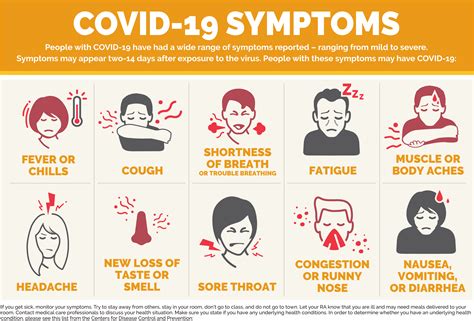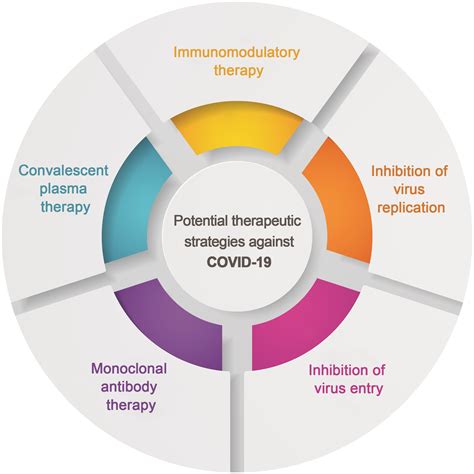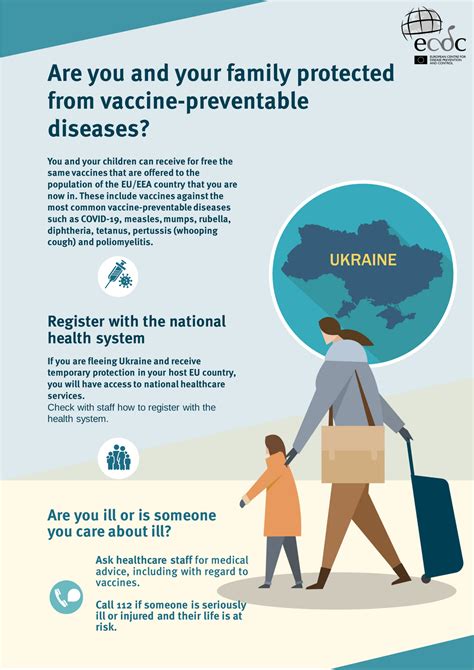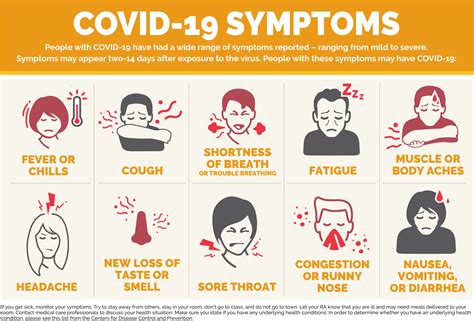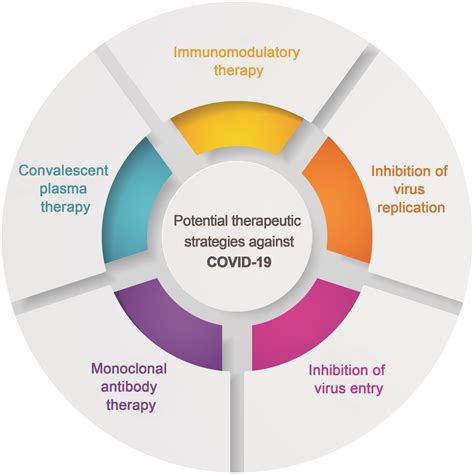Intro
As the world continues to navigate the challenges of the Covid-19 pandemic, it's essential to understand the various manifestations of the disease, particularly mild Covid symptoms. Many individuals who contract the virus may experience symptoms that are not severe enough to require hospitalization, but still, have a significant impact on their daily lives. Recognizing and managing mild Covid symptoms is crucial for preventing the spread of the disease, reducing the risk of complications, and promoting overall well-being.
The importance of identifying mild Covid symptoms cannot be overstated. Early detection and proper management can help alleviate symptoms, reduce the risk of transmission to others, and prevent the progression of the disease to more severe stages. Moreover, understanding the characteristics of mild Covid symptoms can also inform public health strategies, guide individual behaviors, and support the development of effective treatments. In this article, we will delve into the world of mild Covid symptoms, exploring their characteristics, causes, and consequences, as well as providing guidance on management, prevention, and treatment.
The Covid-19 pandemic has affected millions of people worldwide, resulting in a wide range of symptoms, from mild to severe. Mild Covid symptoms can vary in severity and duration, but common manifestations include fever, cough, sore throat, fatigue, and body aches. These symptoms can be similar to those experienced during a common cold or flu, making it challenging to distinguish between Covid-19 and other respiratory illnesses. However, it's essential to remember that Covid-19 is a highly contagious disease that can spread quickly, making prompt recognition and response critical to controlling its spread.
Mild Covid Symptoms Overview
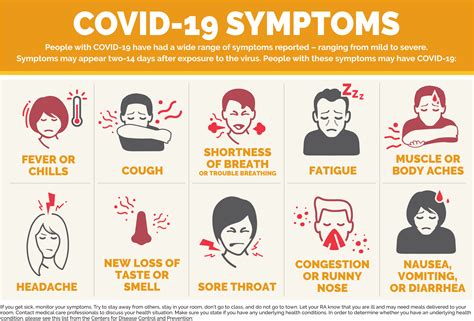
Respiratory Symptoms
Respiratory symptoms are a hallmark of Covid-19, and mild cases may exhibit cough, sore throat, and runny nose. These symptoms can be similar to those experienced during a common cold, but it's essential to remember that Covid-19 is a distinct disease with potentially severe consequences. Respiratory symptoms can range from mild to severe, with some individuals experiencing shortness of breath, chest tightness, or wheezing.Causes and Risk Factors

Transmission and Prevention
Transmission of Covid-19 occurs through various routes, including respiratory droplets, contact with contaminated surfaces, and close contact with infected individuals. Preventing the spread of Covid-19 requires a multi-faceted approach, including vaccination, social distancing, mask-wearing, and proper hygiene practices. Individuals can reduce their risk of transmission by avoiding close contact with others, wearing masks in public, and frequently washing their hands with soap and water.Management and Treatment
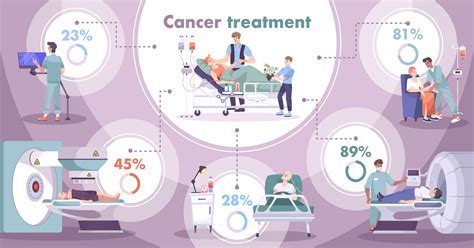
Self-Care Strategies
Self-care strategies are essential for managing mild Covid symptoms, reducing the risk of complications, and promoting overall well-being. Individuals can take several steps to alleviate symptoms, including: * Staying hydrated by drinking plenty of fluids, such as water, clear broths, and electrolyte-rich beverages * Getting plenty of rest to help the body recover from the infection * Practicing good hygiene, including frequent handwashing and avoiding close contact with others * Using over-the-counter medications, such as pain relievers and decongestants, to alleviate symptoms * Engaging in relaxation techniques, such as deep breathing, meditation, and yoga, to reduce stress and promote relaxationPrevention and Vaccination
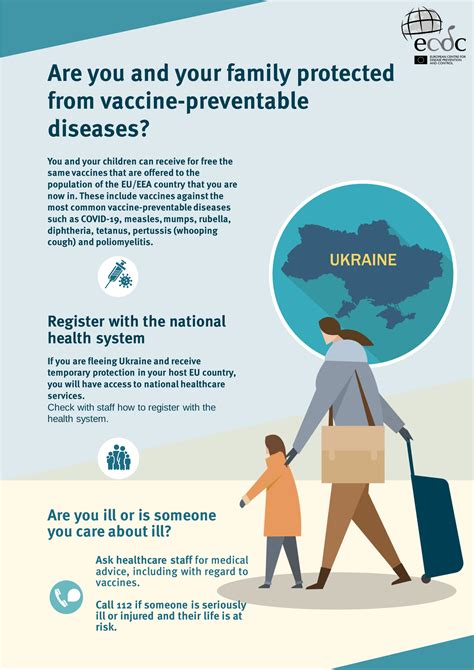
Vaccination Benefits
Vaccination offers several benefits, including: * Reduced risk of severe Covid-19 * Decreased risk of hospitalization and death * Protection against long-term health consequences, such as lung damage and cardiovascular disease * Reduced risk of transmission to others, including vulnerable populations, such as older adults and young children * Promotion of herd immunity, reducing the spread of Covid-19 in communitiesConclusion and Next Steps

We invite you to share your thoughts, experiences, and questions about mild Covid symptoms in the comments section below. Your feedback and engagement are invaluable in promoting a deeper understanding of this critical topic and supporting the development of effective strategies for managing and preventing Covid-19.
What are the most common mild Covid symptoms?
+The most common mild Covid symptoms include fever, cough, sore throat, fatigue, and body aches. These symptoms can range from mild to moderate and may be similar to those experienced during a common cold or flu.
How can I prevent the spread of Covid-19?
+To prevent the spread of Covid-19, it's essential to practice good hygiene, including frequent handwashing, wearing masks in public, and avoiding close contact with others. Vaccination is also a critical component of Covid-19 prevention, providing individuals with immunity to the virus and reducing the risk of transmission.
What are the benefits of vaccination against Covid-19?
+Vaccination against Covid-19 offers several benefits, including reduced risk of severe Covid-19, decreased risk of hospitalization and death, protection against long-term health consequences, and promotion of herd immunity. Vaccination is a critical component of Covid-19 prevention, reducing the risk of transmission and promoting overall well-being.
